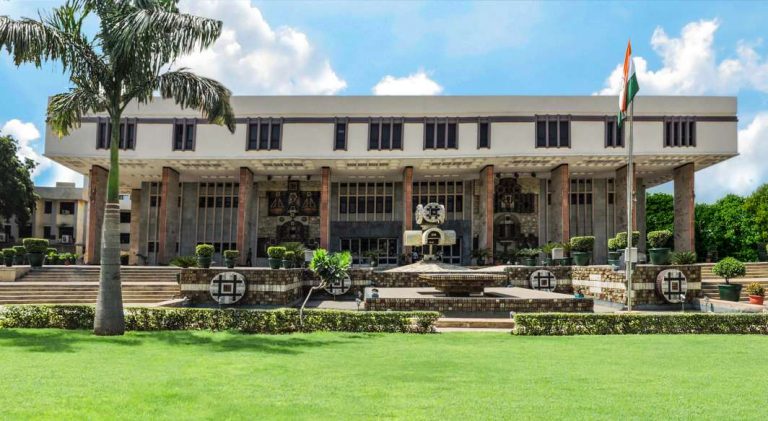Jahanvi Agarwal
In a recent development in the Delhi riots conspiracy case, a Delhi court issued a stern warning to the accused, including prominent figures like Umar Khalid, Sharjeel Imam, Tahir Hussain, Asif Iqbal Tanha, and Ishrat Jahan, cautioning them against delaying the trial through unnecessary adjournments. Additional Sessions Judge Sameer Bajpai, in an order dated October 4, expressed displeasure over the delay in commencing the arguments on the matter of framing charges, which had already been scheduled for day-to-day hearings.
During a previous hearing, the court had specifically directed that arguments regarding the charges would be heard consecutively, and counsel for the accused were tasked with reaching a consensus on the sequence in which they would present their arguments. However, when the matter was revisited, none of the defense counsels were prepared to begin. This prompted the judge to express his disapproval.
During the previous hearing, the court had explicitly instructed that the trial would proceed on a day-to-day basis regarding the framing of charges. The court had also acknowledged the submissions made by the defence counsel, wherein they assured that they would mutually agree on the sequence in which arguments would be presented. This agreement was reached with the consent of all parties involved. Despite these prior arrangements and clear instructions, the counsel for the accused were still unprepared to present their arguments on the scheduled date, leaving the court surprised and displeased at the lack of readiness.
The court then proceeded to warn the accused, making it clear that further delays would be taken seriously. It stressed that sufficient time had already been provided, yet the counsel for the accused were still not ready to proceed. The judge’s order emphasized:
“The accused persons are warned that the matter should not get delayed further unnecessarily on their part, and any delay will be viewed by the court seriously.”
The case involves several individuals charged under the stringent provisions of the Unlawful Activities Prevention Act (UAPA). The accused, including Safoora Zargar, Natasha Narwal, Khalid Saifi, Meeran Haider, Gulfisha Fatima, and others, are facing serious allegations, and the Delhi Police have confirmed that investigations against all the accused are complete.
On October 4, the counsel for Tahir Hussain requested additional time to review the case materials, stating that he had recently taken up representation for Hussain. Similarly, Asif Iqbal Tanha’s counsel explained that while she had initially indicated that the defense team would reach a consensus on the order of arguments, personal difficulties had prevented this. However, she assured the court that Hussain’s counsel would begin the arguments on the next hearing date, and she would follow, without seeking any further adjournments.
Umar Khalid’s counsel also informed the court that he would present his arguments after those on behalf of Tahir Hussain were completed. Meanwhile, Sharjeel Imam’s lawyer assured the court that he would not request any further adjournments once given reasonable time to prepare, and Ishrat Jahan’s counsel indicated that his arguments would be presented last, citing his client’s relatively minor role in the case.
Despite expressing dissatisfaction with the delay, the court scheduled the matter for the next hearing on October 21 at noon, stating that the counsel for Tahir Hussain must begin arguments on that date. The court further clarified:
The court reiterated its firm stance, emphasizing that once the defense arguments for Tahir Hussain are concluded, the counsel for the remaining accused must be fully prepared to present their cases without further delay. The court made it explicitly clear that no requests for adjournments would be entertained under any circumstances. Additionally, it was directed that both Tahir Hussain and Salim Khan should be physically present in court for the upcoming proceedings. This decisive approach underscores the court’s intent to prevent any unnecessary prolongation of the trial.
This ruling underscores the court’s intent to prevent further delay and ensure the expeditious completion of the trial, particularly given the serious nature of the charges under the UAPA.
Case Name: State v. Tahir Hussain & Ors.
Case Number: SC No. 163-2020
Bench: Sh. Sameer Bajpai Additional Sessions Judge

